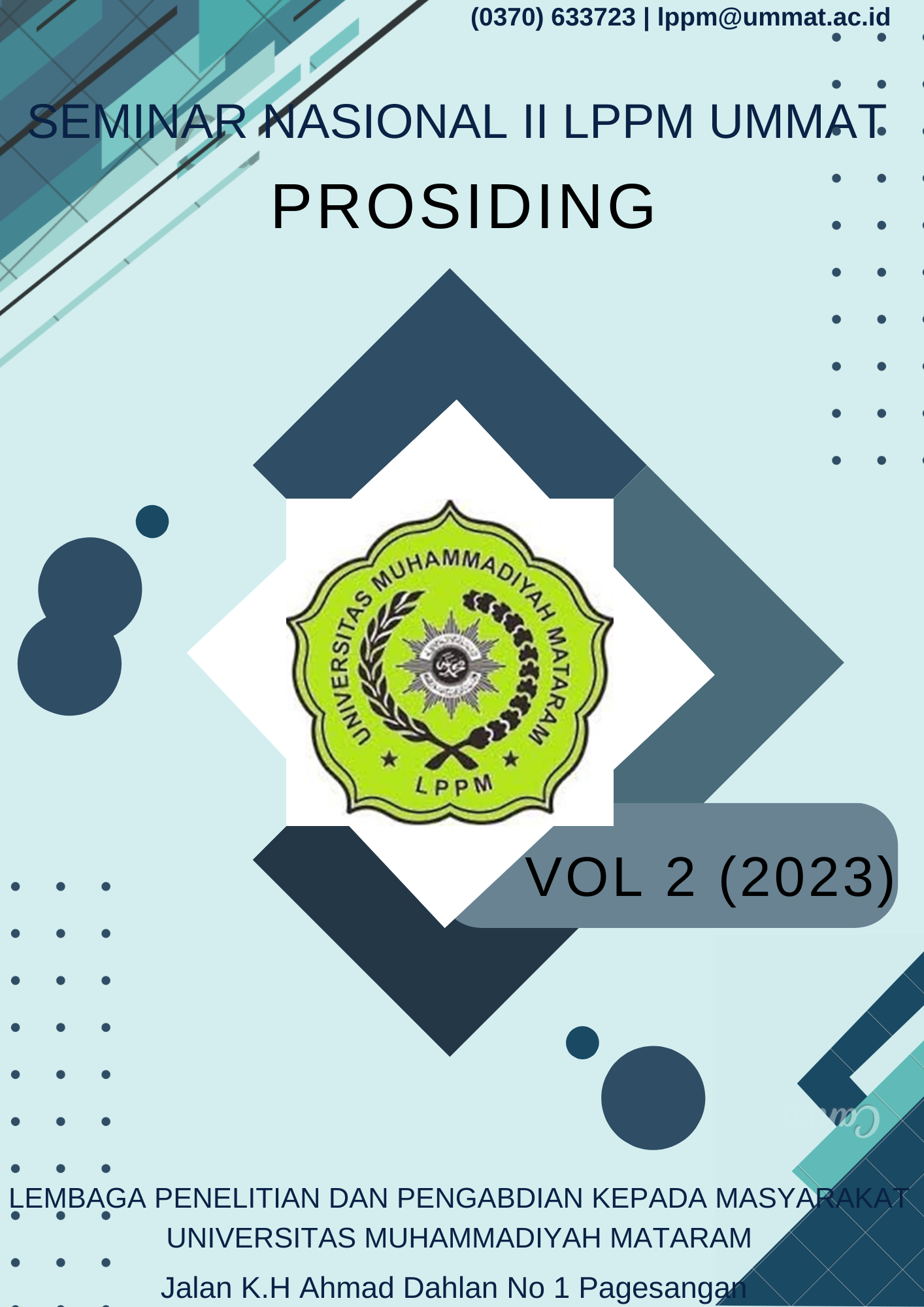Manajemen Fisioterapi Pada Pasien Drop Foot E.C. Morbus Hansen Multi Basiler Studi Kasus
Keywords:
Morbus Hansen, Drop Foot, Exercise TherapyAbstract
Abstract: Background: Morbus Hansen (leprosy) is a chronic disease caused by Mycobacterium leprae. One of the problems that arise due to leprosy is foot drop. The physiotherapy program provided aims to prevent the occurrence of additional disability/deformity. Objective: to know the physiotherapy management in patients with foot drop e.c. multi-bacillary hansenmorbus with exercise therapy modalities.Methods: this study used a case report approach in patients with foot drop e.c. multi-bacillary hansen morbus, this case was taken at the Donorojo leprosy hospital. Results: the administration of exercise therapy which was carried out 14 times obtained the results of measuring muscle strength with MMT, namely plantar flexi dextra T0: 5 and T14: 5, dorsi flexi dextra T0: 3 and T14: 4, Eversi dextra T0: 1 and T14: 3, dextra inversion T0: 3 and T14: 3. Left plantar flexi T0: 5 and T14: 5, left dorsi flexi T0: 3 and T14: 3, left eversion T0: 1 and T14: 2, left inversion T0: 3 and T14 : 3. LGS measurement with a goniometer obtained dextra results T0-T14: S=30-35, R=0-0-30, Left T0: S=30-30 and T14: S=30-35, T0-T14: R =0-0-30. Examination of the POD (Prevalance of Disability test), namely examination of nerve thickening at T0-T14: there is still thickening of the nerves, examination of motor function at T0-T14: there is an increase in motor nerve function, examination of sensory nerve function at T0-T14: there is no change and functional examination with FADI at T0: ADL 66, pain 4 and T14: ADL 70 and pain 4 (no pain).Conclusion: Based on this case study research, it shows that physiotherapy management in patients with foot drop e.c. multi basiler hansen morbus in the form of exercise therapy can increase muscle strength, motor nerve function and range of motion although not significant, there has been no change in sensory function and there has been an increase in functional activity although not significant.References
Book
Arif Pristianto, Wijianto, Farid Rahman. (2018). Terapi Latihan Dasar. Surakarta: Muhammadiyah University Press.
Journal
Anestherita, F., Agung, I., Nelfidayani, N., Kokok, A. S., & Putra, J. (2021). Foot and Ankle Muscles Activation and Plantar Sensory Deficit in Leprosy and Its Implication to Foot Deformity and Walking Capacity. Open Journal of Therapy and Rehabilitation, 9(4), 123–131. https://doi.org/10.4236/ojtr.2021.94010
Balaji, P., & Veluswamy, S. K. (2018). Effectiveness of physiotherapy interventions for foot drop in individuals with guillian-barre syndrome- A systematic review. Journal of Society of Indian Phy, (October).
Bhat, R. M., & Prakash, C. (2012). Leprosy: An overview of pathophysiology. Interdisciplinary Perspectives on Infectious Diseases, 2012. https://doi.org/10.1155/2012/181089
Kumar, V. (2017). Emerging Concept on Peripheral Nerve damage in Leprosy. 2(7), 8–18.
Kuswardani, K., Abidin, Z., Amanati, S., & Ma`ruf, M. (2019). Pengaruh Terapi Latihan Dan Kinesio Taping Pada Lesi Nerve Peroneus E.C Kusta. Jurnal Fisioterapi Dan Rehabilitasi, 3(1), 100–108.
https://doi.org/10.33660/jfrwhs.v3i1.38
Listyorini, I., Shanti, M., & Prabowo, T. (2015). Effectiveness in Dynamic Balance: a Comparison between Foot Muscle Strengthening Using Elastic Band and without Elastic Band in Children Aged 8–12 with Flexible Flatfeet. International Journal of Integrated Health Sciences, 3(1), 26–32. https://doi.org/10.15850/ijihs.v3n1.404
Molund, M., Husebye, E. E., Hellesnes, J., Nilsen, F., & Hvaal, K. (2018). Proximal Medial Gastrocnemius Recession and Stretching Versus Stretching as Treatment of Chronic Plantar Heel Pain. Foot and Ankle International, 39(12), 1423–1431. https://doi.org/10.1177/1071100718794659
Paul, M. S. K., Kumar, D. P., & Govindasamy, K. (2018). Physical rehabilitation in leprosy. In The International Textbook Of Leprosy (Vol. 48, pp. 14–16). https://doi.org/10.1007/978-3-031-08220-7_8
Schiemanck, S., Berenpas, F., Van Swigchem, R., Van Den Munckhof, P., De Vries, J., Beelen, A., Geurts, A. C. (2015). Effects of implantable peroneal nerve stimulation on gait quality, energy expenditure, participation and user satisfaction in patients with post-stroke drop foot using an ankle-foot orthosis. Restorative Neurology and Neuroscience, 33(6), 795–807. https://doi.org/10.3233/RNN-150501
Slim, F. J., van Schie, C. H., Keukenkamp, R., Faber, W. R., & Nollet, F. (2012). Increased plantar foot pressure in persons affected by leprosy. Gait and Posture, 35(2), 218–224. https://doi.org/10.1016/j.gaitpost.2011.09.010
Articles/Module
Abdurrachman, & Rahman, F. (2022). Physiotherapy Program for Patients with Peroneus Nerve Lesions (Drop Foot) in Leprosy Patients : Case Report. 1–8.
Kemenkes RI. (2018, Januari 31). Kementrian Kesehatan Republik Indonesia. Retrieved Januari 28, 2023, from Hapuskan Stigma Dan Diskriminasi Terhadap Kusta: https://www.kemkes.go.id/article/view/19011500011/hapuskan-stigma-dan-diskriminasi-terhadap-kusta.html
WHO. (2023, Januari 27). Leprosy. Retrieved Januari 2023, 30, from World Health Organization: https://www.who.int/news-room/fact-sheets/detail/leprosy
Proceedings / Seminar Articles
Vick, G. L., Tillman, E. A., & Fiala, K. H. (2015). Leprosy in a Texan. Baylor University Medical Center Proceedings, 28(2), 231–232. https://doi.org/10.1080/08998280.2015.11929241
Downloads
Published
Issue
Section
License

This work is licensed under a Creative Commons Attribution-ShareAlike 4.0 International License.

